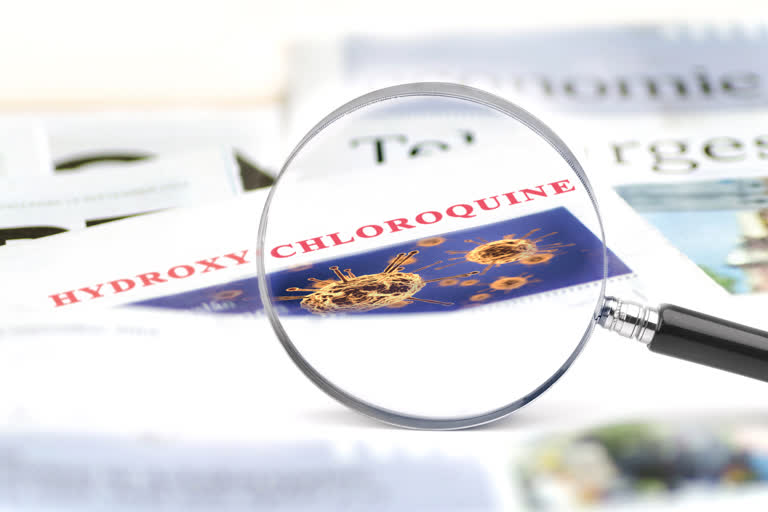A study in Belgium that went through the hospital data of 8,075 patients has found that low doses of hydroxychloroquine (HCQ) were associated with lower mortality in hospitalized patients with COVID-19 diagnosed and treated early or later after onset of symptoms.
The anti-malarial drug HCQ has been largely used and investigated as a therapy of COVID-19 across various settings, at a total dose usually ranging from 2,400 mg to 9,600 mg.
In Belgium, the use of low-dose HCQ (2,400 mg in total over five days) was recommended for hospitalized patients with Covid-19, said the study published in the International Journal of Antimicrobial Agents.
"We conducted a retrospective analysis of in-hospital mortality in the Belgian national COVID-19 hospital surveillance data," the authors wrote.
Patients treated either with HCQ alone and supportive care (HCQ group) were compared to patients treated with supportive care only (no-HCQ group). Of 8,075 patients with complete discharge data on May 24 and diagnosed before May 1, 4,542 received HCQ in monotherapy and 3,533 were in the no-HCQ group.
Death was reported in 804 of 4542 (17.7 percent) and 957 of the 3,533 (27.1 percent) group, respectively. In the multivariable analysis, the mortality was lower in the HCQ group compared to the no-HCQ group; the authors wrote.
So far, the impact of HCQ on the outcome of SARS-CoV-2 infection in humans remains undetermined. An increasing number of studies using various HCQ dosages are being published with conflicting results.
Recently, the UK-based trials communicated that HCQ at the study dosage of 9,200 to 9,600 mg over 10 days provided no benefit in hospitalized patients with COVID-19.
"In the present study, we retrospectively assessed the association between HCQ monotherapy and in-hospital mortality in a nationwide registry of 8,075 Covid-19 patients," the authors wrote, adding that it is an observational study of data collected using standardized report forms during the most critical phase of the epidemic in Belgium.
Considering the availability and cheapness of HCQ, it seems worth further investigating the clinical effect of optimized dosage of HCQ and designing "add-on studies in ongoing trials to monitor, beyond the viral shedding and infectiousness, a relevant set of inflammatory markers during SARS-CoV-2 infection", they emphasized.



